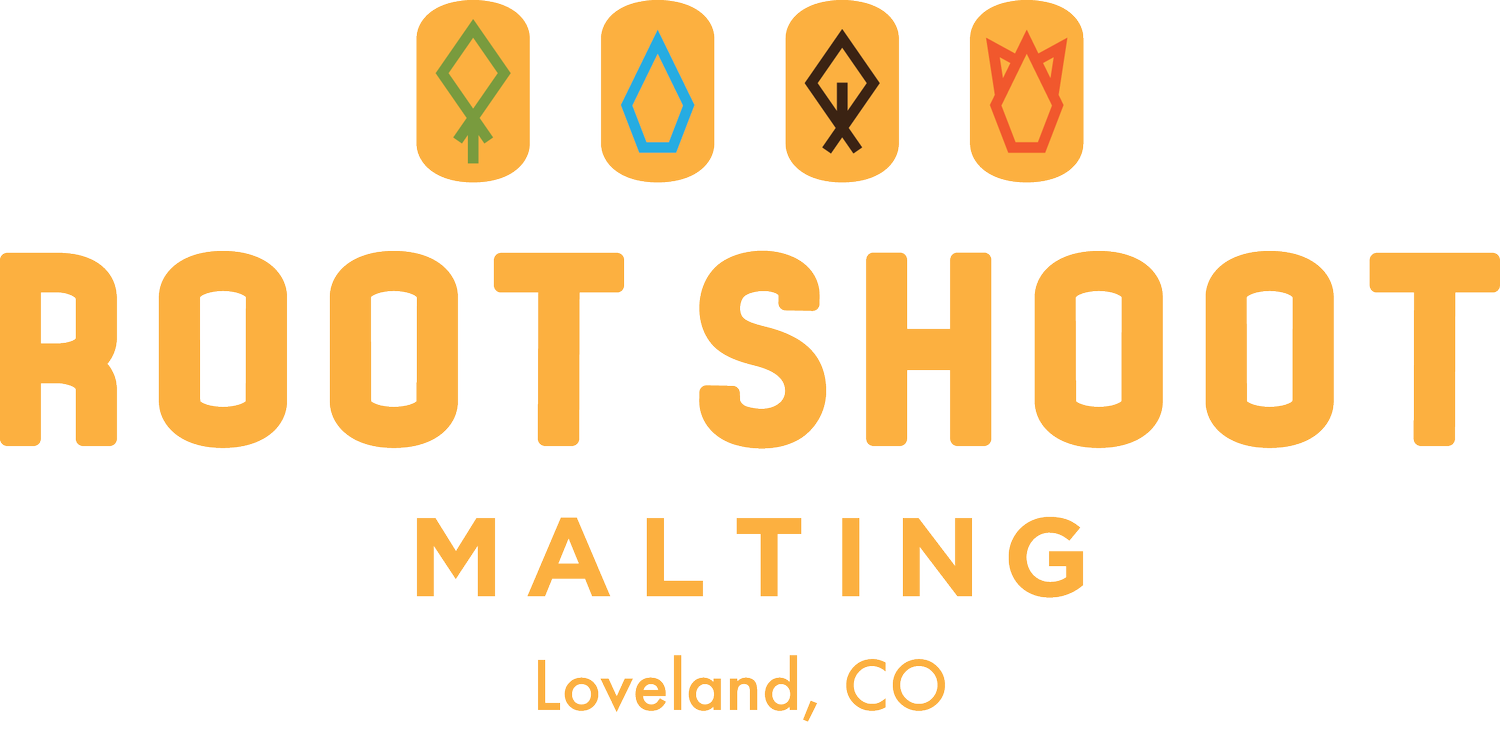Lately, global wheat production has been big news in the news.
That’s unusual.
While we, admittedly, read a lot (like A LOT, a lot) of news articles on the latest developments in agriculture, we also know that’s not most people’s standard choice of reading material. But this year, the current wheat shortage, and the related potential for severe worldwide food shortages, are acute enough that wheat production, something usually considered quite mundane, is now being covered with no small amount of regularity, and a fair amount of alarm.
Here’s the short version of how we got here:: in 2021, the world was already facing a wheat shortage due to a combination of factors: heatwaves and drought hit the US and Canada causing wheat production to plummet. China faced record-breaking rains that damaged almost 30 million acres of wheat and delayed the planting of 18 million more. On top of that already-concerning scenario, Russia, the world’s leading exporter of wheat invaded Ukraine, the world’s 5th leading exporter of wheat, putting the supply chain from both countries on very precarious ground. Now, in 2022, this year’s wheat supply in North America is again in question as the ongoing drought shows no sign of letting up.
But what if it didn’t have to be that way?
What if, instead of worrying about floods in Asia or supply chain disruptions in Euope, we were instead running next door to purchase a bag of flour from a farmer? Or a dozen bagels from a local baker (who, in turn, purchased from that same farmer?) What if farming came home to serve the people in a farm’s community - the couple next door, and the family in the next town over?
We’ll be the first to admit that this manner of thinking, while romantic, is over-simplified and presents its own set of issues. Not every community in the world has the capacity to produce its own crops, and not every climate is can grow every crop. Plus, making food hyper-local creates its own precarious scenario: one hailstorm could wipe out an entire community’s crops.
Yet in a world that has become so black and white, so all-or-nothing, we like to think there’s a happy medium. How can we promote more local agriculture, making food security for our community a priority, while also staying informed and connected with larger markets? What if it’s not all-or-nothing, local or global, but a mix of both? What if we strive to put our own community first, but take the excess and work hard to get it out into global markets that need it?
Musings of a couple of farmers who definitely don’t have all (or possibly any) of the answers, but who learn a little more each day. And as we stare this year’s wheat shortage in the face, knowing our own winter wheat harvest is on shaky ground unless we get more water, we’re starting to take a closer look at our Oland Wheat.
A heritage wheat passed on to us from Finnriver Farm via the WSU Bread Lab, Oland wheat defies easy categorization as white or red, landing somewhere in between. It has grown well for us, it performs well as an adjunct in beer, and, in these times of wheat scarcity, we have lots of it. Literal tons. It’s a downright solid little wheat and its status as a heritage/heirloom means it’s open-sourced: we don’t have to purchase seed annually from a seed company. It’s ours to hold back and replant at will and we can pass on the seed to whomever we wish.
It’s Food Freedom in a tiny seed. Up until now, we’ve kept our Oland acreage limited as we learn to grow it, but with the current global wheat situation, we’re considering planting a little more. In trying times, the world could use more heritage grains, more unpatented seeds.
Right?
We don’t actually know. But we can try. And encourage others to do the same.
So if you’re a brewer or distiller and would like to give the Oland wheat a try, we’re currently offering it at the same price as our standard white wheat and plan to do so for the foreseeable future. Give us a shout, and we’ll get you some ordered. If you want to save back a handful of seeds and plant them in your own garden, go for it.
We don’t care.
We might even encourage it.
Let’s get more grain out there. Let’s teach people how to grow food. Let’s plant seeds and trade them, and plant them again and grow food as a community, for the community.
And maybe, if we have a little extra time in there, we can squeeze in making a wheat beer or two for the community, as well. We are kind of beer fans after all.
Cheers, friends. Wishing you wonderful wheat harvests and glorious fields of grain.
—Olander Farms






